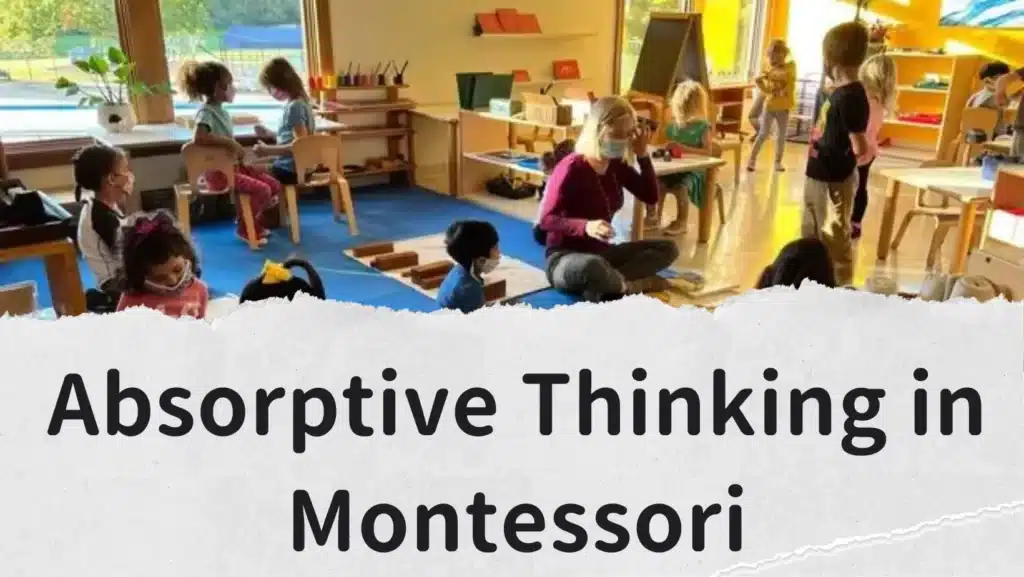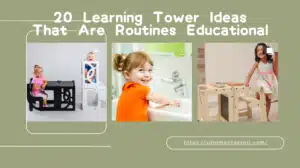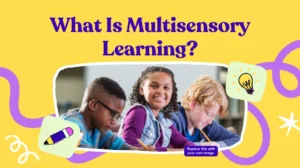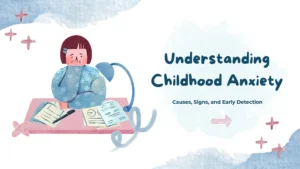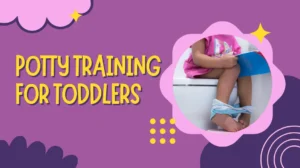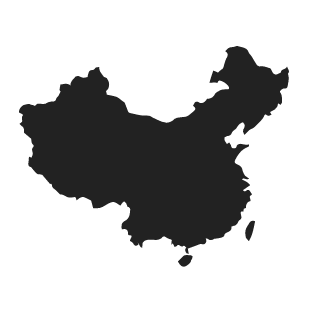The Montessori approach to early childhood education, with its emphasis on absorptive thinking, offers a revolutionary perspective on how young minds learn and develop. This method, rooted in the philosophy of Maria Montessori, harnesses the natural curiosity of children, enabling them to absorb knowledge and skills from their environment in a way that traditional educational systems often overlook.
Absorptive thinking is a unique characteristic of early childhood, where children are naturally inclined to absorb information, languages, and skills from their surroundings. In Montessori settings, this concept is at the forefront of education. Here, the environment is meticulously designed to support self-directed exploration, allowing children to engage with materials that foster cognitive, emotional, and physical development. This self-guided learning leads to deeper understanding, creativity, and the development of critical thinking skills.
Understanding the principles behind Montessori’s absorptive thinking is important for educators and parents alike
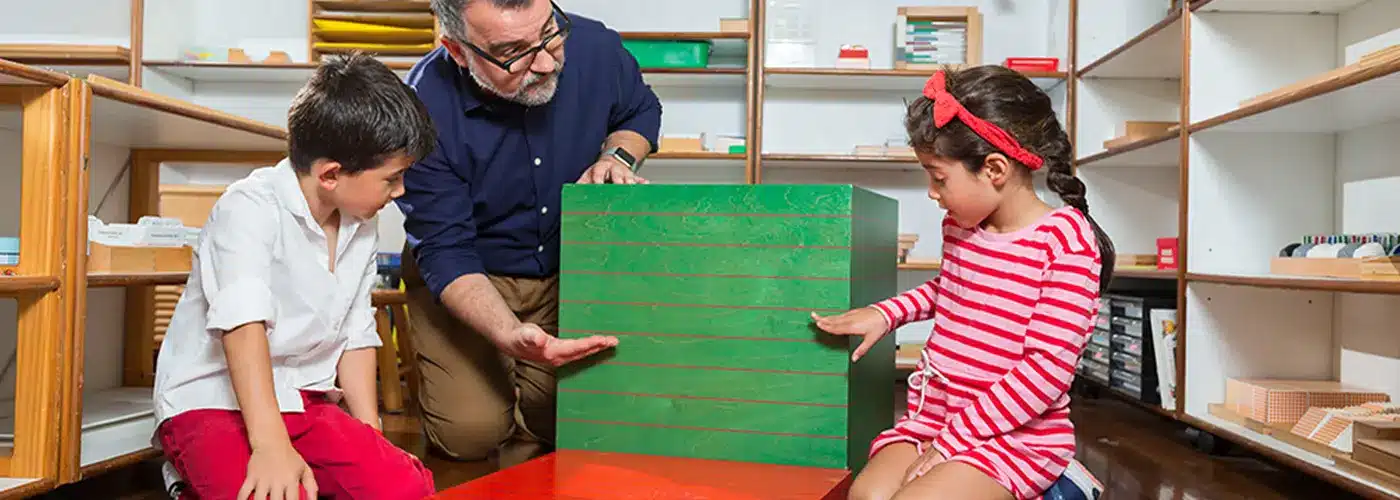
What is Absorptive Thinking in the Montessori Method?
Dr. Montessori describes an absorptive mind as one that is able to absorb knowledge quickly and effortlessly. According to Dr. Montessori, from birth to age six, our minds are absorptive.
Absorptive thinking in the Montessori method represents a child’s innate ability to absorb knowledge from their environment. It recognizes that children are naturally curious learners, eager to explore and learn about their world. In a Montessori environment, the environment is carefully organized with materials and activities that cater to all developmental stages, encouraging children to learn through interaction and discovery.
Absorptive thinking is essentially about understanding, and children learn best when they are actively engaged in the learning journey, exploring concepts and ideas in ways that are consistent with their natural development and interests. This approach fosters independence, confidence and a deep-rooted love of learning, laying the foundation for lifelong intellectual and personal growth.

What are the Three Characteristics of Absorptive Thinking?
Absorptive thinking, a core element of the Montessori philosophy, can be characterized by three distinct features:
- Unconscious Absorption: This first characteristic is most evident in the earliest years of a child’s life, where learning is primarily subconscious. During this phase, children are highly sensitive to the environment and unconsciously absorb information, such as language, cultural norms, and foundational life skills. This stage lays the groundwork for future learning and development.
- Conscious Absorption: As children grow, their approach to learning becomes more conscious and intentional. They begin to actively engage with their environment, seeking out learning opportunities that align with their interests and developmental needs. This stage is marked by an increased ability to focus, explore specific subjects in depth, and start applying their learning in more complex ways.
- Creative Application: The final characteristic of absorptive thinking is the creative application of the knowledge and skills acquired. In a Montessori environment, children are encouraged to use their learning creatively, which not only solidifies their understanding but also fosters innovation and problem-solving skills. This stage is crucial as it allows children to demonstrate their understanding in unique and personal ways, promoting both cognitive and creative development.
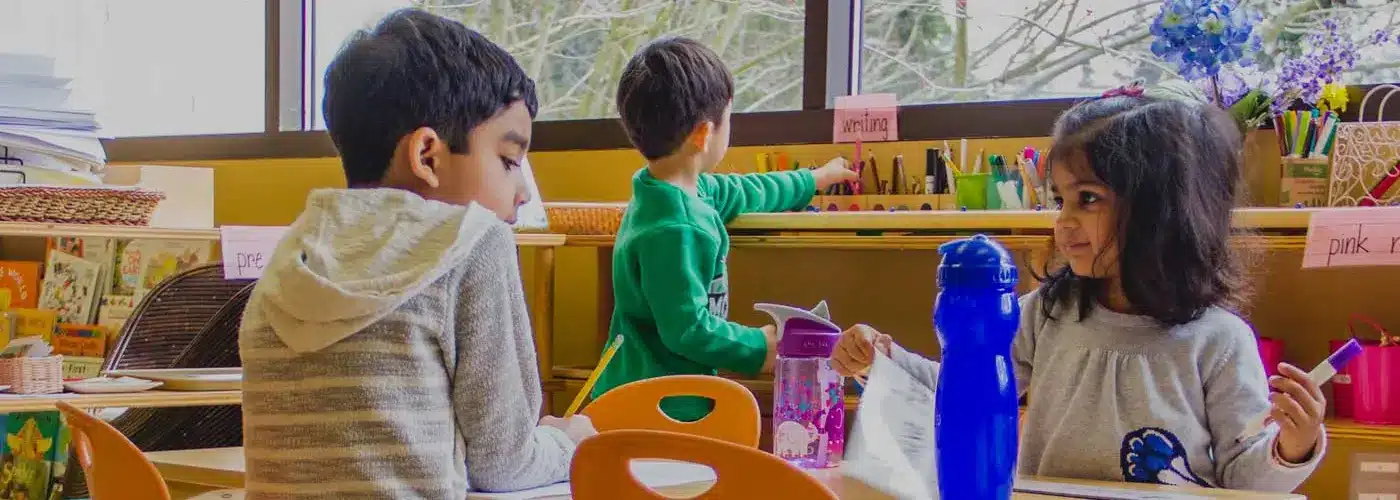
What are the Two Stages of Absorptive Thinking?
The concept of absorptive thinking in Montessori education is divided into two main stages, each significant in the child’s developmental process:
The Unconscious Absorbent Mind (Birth to Age 3):
In this initial stage, children absorb information from their surroundings largely without conscious effort. This period is critical for the development of fundamental skills and understanding. It includes the acquisition of language, development of motor skills, and the early formation of personality and behavioral patterns. The Montessori environment for this age group is rich in sensory experiences and opportunities for physical exploration, facilitating natural and holistic development.
The Conscious Absorbent Mind (Ages 3 to 6):
During this stage, children become more aware and intentional in their learning processes. They start to explore their environment purposefully, engaging in activities that challenge and interest them. This stage is characterized by a more structured approach to learning, yet it maintains the flexibility and freedom central to the Montessori philosophy. Children in this phase are encouraged to ask questions, explore various materials, and engage in practical life activities, which enhances their cognitive, social, and emotional development.
Absorptive thinking in Montessori education is more than just a teaching technique; it is a way of honoring and nurturing a child’s innate ability to learn. By adopting this approach, educators and parents can unlock the enormous potential of each child to become confident, independent and thoughtful individuals.

